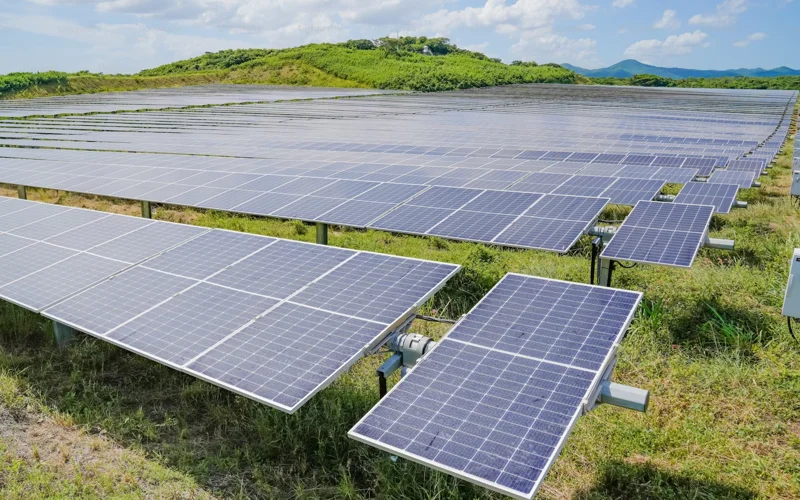Solar power has officially overtaken fossil fuels in electricity generation across the European Union, marking a historic moment for renewable energy. In May 2025, solar energy supplied 18% of the EU’s total electricity, surpassing coal, which dropped to a record low of just 10%.
Energy experts describe this as a turning point for Europe’s green transition. The shift highlights how investment in solar technology and renewable infrastructure is transforming the continent’s energy landscape faster than many expected.
The record figures reflect years of steady growth in solar capacity across member states. Countries such as Germany, Spain, and the Netherlands have played leading roles in expanding solar farms, rooftop installations, and energy storage systems.
According to data from European energy monitors, the decline in fossil fuel use is also linked to stricter climate policies and the rapid fall in solar technology costs. Over the past decade, the price of solar panels has dropped by more than 80%, making solar one of the most affordable energy sources in Europe.
Analysts say this trend signals lasting change. As governments and private companies continue to invest in renewable infrastructure, solar energy is expected to play a central role in meeting the EU’s climate neutrality goal by 2050.
The growing dominance of solar power also strengthens energy security by reducing dependence on imported fossil fuels. Officials note that this helps stabilize prices and shields European consumers from global energy market disruptions.
In addition to solar, wind and hydropower also made strong contributions to the EU’s energy mix in 2025. Together, renewables provided over half of all electricity generated across the region for the first time, a development that experts call “a milestone for sustainable power.”
The environmental benefits are significant. The rise in solar generation has led to a measurable reduction in carbon emissions. Some estimates suggest that the EU cut more than 15 million tons of carbon dioxide in May alone compared to the same period last year.
Energy analysts point out that continued progress will depend on improved storage systems and smart grid upgrades. These technologies help balance the supply of renewable energy during cloudy or low-production periods. Several EU nations are already investing in battery storage and digital monitoring systems to ensure stable and reliable power delivery.
Public support for renewable energy remains strong across Europe. Many households and businesses are installing rooftop panels, encouraged by government incentives and falling equipment costs. Experts believe this grassroots adoption is helping drive the rapid transformation toward cleaner power sources.
The European Commission has praised the progress, stating that the achievement marks a major step toward achieving long-term sustainability goals. Officials emphasized that further cooperation among member states will be essential to maintain momentum and ensure that future generations benefit from a clean and resilient energy system.
With solar energy now surpassing fossil fuels in electricity generation, Europe stands at the forefront of the global renewable revolution. The success reflects the power of innovation, policy, and public commitment working together to reshape the future of energy.



